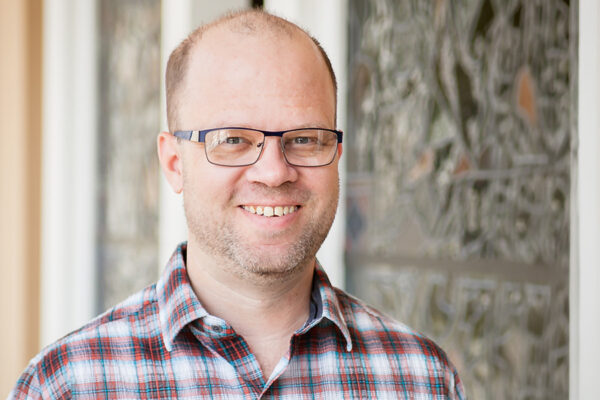Calling a thing what it is

The power of positive thinking is over- and underestimated. No doubt, our attitude can have a tremendous impact on our circumstances, positively or negatively. You need only consider the smile of someone dear to you, and the effect it has on your own mood, to begin to see what this can look like. Yet positive thinking, whatever power it might have, is not the whole story.
When someone has completely rose-colored glasses, for instance, we get a little queasy. Sooner or later, we know, reality will set in, or something will cause the glasses to crack (think Pollyanna). Moreover, such happy-go-lucky people can hurt others more than they might realize. It can feel as if anything negative is off-limits to mention around such a person, that problems are simply off the table. Around this kind of person, we can begin to feel trapped, especially if there actually is a serious problem building under the surface.
On the other hand, many of us know people who swing completely the other way, for whom a good day is simply out of reach, perhaps for a whole variety of factors. Most of us, I would venture to guess, fall somewhere between these two extremes, regularly trying to balance our gratitude for life’s blessings with some honest attention to life’s problems. On our best days, we practice something like the serenity prayer: accepting what we can’t control, courageously addressing what we can, and praying for the wisdom to know the difference (and act accordingly).
In the 1500s, as Martin Luther began to step back and identify the most serious problems facing the church, what he called a “theology of glory” quickly jumped to the top of his list. Simply described, this is a church obsessed with appearing holy, powerful, or shiny. By contrast, a community that practices what Luther came to call a theology of the cross “calls a thing what it is.” For Luther, this meant attending honestly to the suffering and sin in people’s lives. Don’t sugarcoat it, we might say.
When I first learned about this area of Luther’s thought, it was like coming up for air, like a needed antidote to the idea that if I just believed harder, life would be better. By contrast, I began to emphasize that the Christian life is not about pretending life is or should be good, but starts with being honest about all the ways life is not good, my own life and the lives of others in my community. In other words, the Christian life starts with being honest about our need for God.
This is mostly right, but the more time I spend around people of faith, the more I’ve begun to realize something crucial: calling a thing what it is – it’s not just about calling a bad thing “bad,” but calling a good thing “good.” It might seem like this just gets us back to where we started: between two extremes, somewhere near the serenity prayer. While in a way that’s true, here’s where faith in Jesus is everything. We don’t just go through life balancing the scales between blessings and hardships. Being alive, being loved, having a fresh meal, or a warm shower: these are astounding gifts. This isn’t unbridled optimism. This is calling a thing what it is. Yes, there’s a deep need and permission in our lives of faith to be honest and vulnerable about our struggles. Yet, there’s an even deeper need and permission for us to be honest about the workings of God’s grace and mercy in our lives, whatever our struggles might be (Romans 5:15). Because, in a world with Jesus at the center, life is grace all the way down




